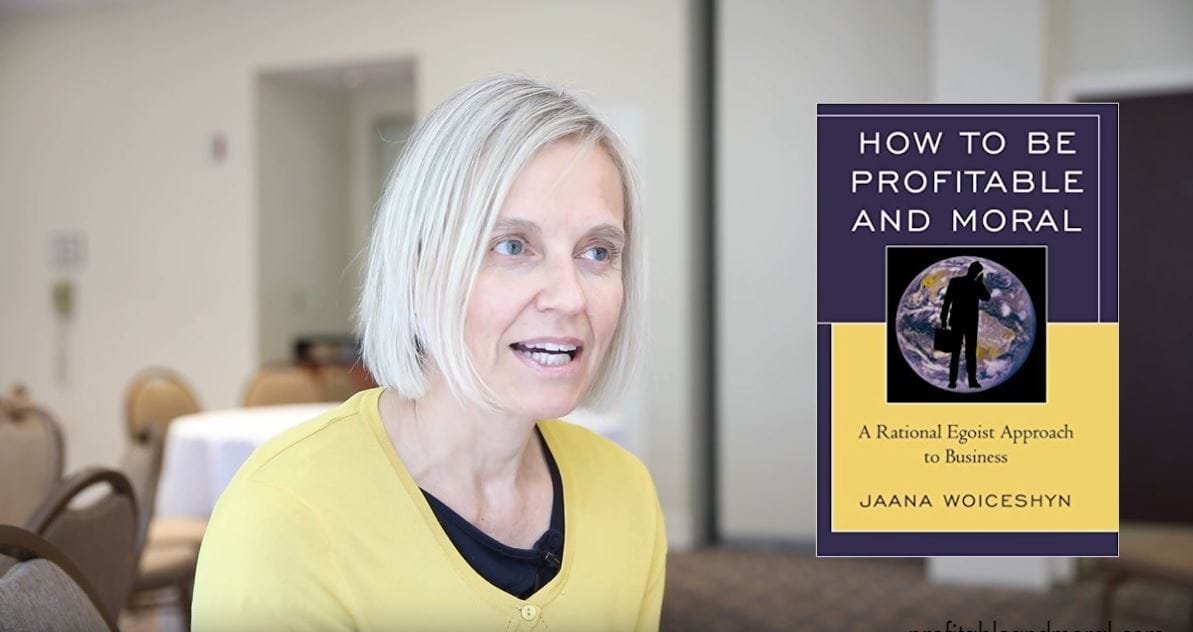The Morality of Profit
The prevailing negative perception of profit often paints it as a consequence of immoral exploitation by businesses solely driven by selfish gain. This view criticizes the pursuit of profit as inherently detrimental to the quality of goods and services, suggesting that businesses prioritize maximizing profits over customer satisfaction and well-being. This perspective, however, ignores the fundamental principle that profits are generated only when businesses offer products or services that customers value and willingly purchase. Ironically, this negative view is sometimes internalized by business owners themselves, leading to a sense of guilt and a perceived need to “give back” to society through charitable acts, as if to atone for the supposed sin of profit-making.
The roots of this anti-profit sentiment can be traced back to Karl Marx’s theory of surplus value, which posits that profits are essentially the expropriated surplus labor of workers, unjustly appropriated by capitalists. Marx’s theory implies that workers, not business owners who invest capital and bear the risk of failure, are entitled to the full value of their labor. This perspective resonates with the dominant morality of altruism, which champions selflessness and sacrifice for others over the pursuit of self-interest. Within this framework, profit-seeking, being inherently self-interested, is deemed immoral. Marxism, with its emphasis on equitable outcomes and redistribution of wealth, shares this altruistic foundation, advocating for those who produce more to sacrifice for those who produce less.
Contrary to these prevalent views, a strong case can be made for the morality of profit, provided it is generated through genuine value creation and not through coercion or deception. Legitimate profits represent wealth creation, a fundamental value essential for human survival and flourishing. Wealth provides access to essential goods and services like food, shelter, healthcare, education, and leisure activities, all of which are crucial for a fulfilling life and are often denied to those living in poverty. The Forbes Billionaires List reveals that the vast majority of individuals on this list accumulated their wealth through entrepreneurial endeavors that created value for consumers and shareholders, demonstrating the powerful link between profit and value creation.
Profits serve as a vital incentive for businesses, driving competition and innovation in the marketplace. This competition benefits all stakeholders. Companies strive to attract the best talent to develop innovative products, services, and processes, offering competitive salaries that create job opportunities and income potential throughout the supply chain. Customers benefit from improved and more affordable products and services, suppliers enjoy increased business activity, and shareholders witness the appreciation of their investments. This dynamic system rewards productivity and efficiency, fostering economic growth and widespread prosperity.
Within a competitive market, income disparities are not inherently unjust or immoral. They reflect differences in productivity and contribution. The potential for higher earnings motivates individuals to work diligently and maximize their potential, ultimately benefiting society as a whole. Increased job opportunities, higher wages, and access to education provide avenues for individuals to improve their economic standing. The correlation between free market competition and rising prosperity is evident in countries with relatively unregulated economies, while controlled economies often experience stagnation and poverty.
Sustainable profits are ultimately the result of voluntary exchange and mutual benefit among businesses, employees, customers, and suppliers, not exploitation. This mutually beneficial system of trade relies on a crucial prerequisite: freedom. A government that protects individual rights from coercion and upholds the freedom to trade and generate profit is essential for a thriving economy. This underscores the importance of informed political participation, especially during elections, to ensure the election of governments that champion economic freedom and protect the rights of individuals to engage in productive and profitable endeavors. The choice between a government that fosters freedom and one that stifles it with restrictive regulations has profound implications for the economic well-being of a nation and its citizens.
Share this content:












Post Comment